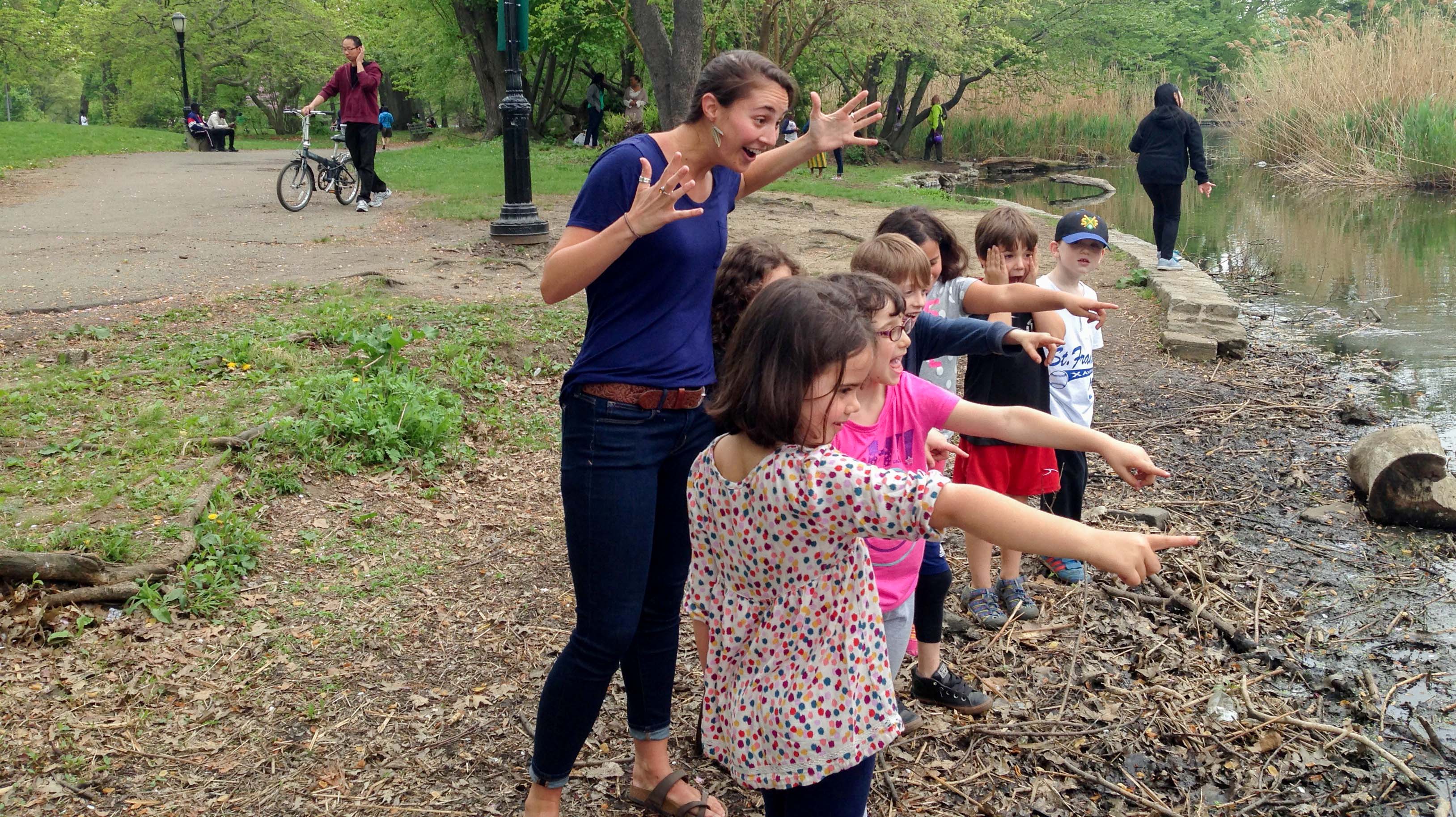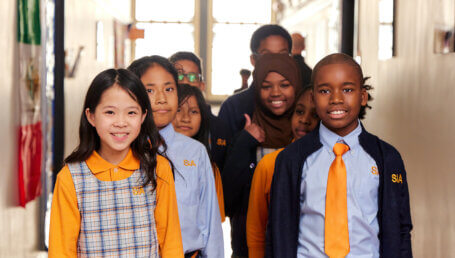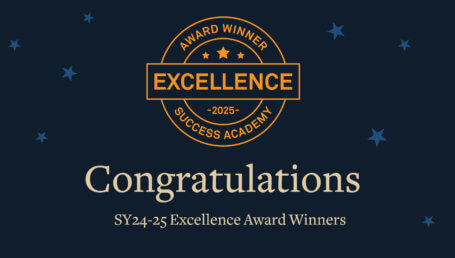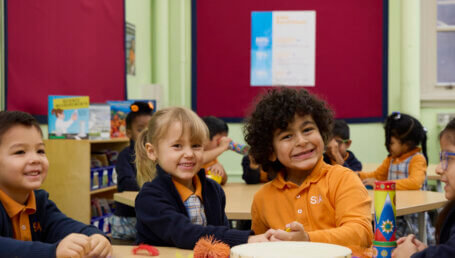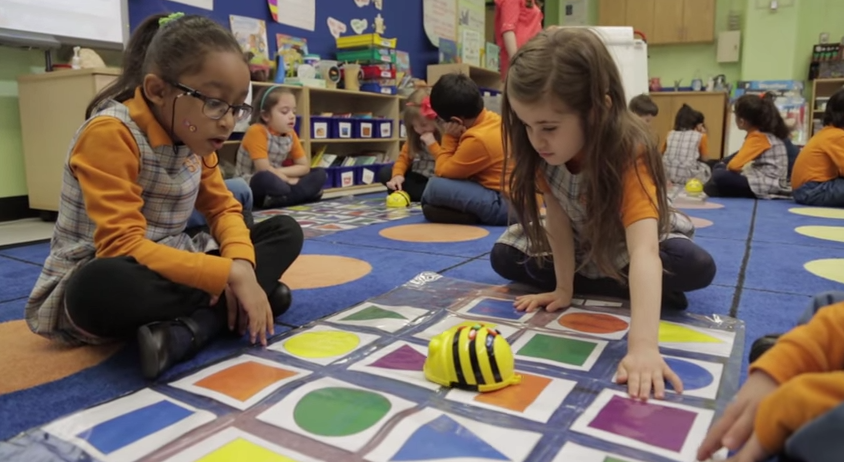
When I was in elementary school, I was deeply interested in science. Whether I was gardening with my mom, romping through the woods in my neighborhood, or trekking through a creek at summer camp, I relished the opportunity to explore the natural world. I wanted to learn more about science in school, but my elementary school did not nurture that interest. Though we went on some great science field trips in the early grades, my school did not have a robust science curriculum.
That’s why I am envious of the science lessons my students get at Success Academy, and why I feel so fortunate to be able to share with them my love of science.
Because Success Academy offers science five days a week, our scholars explore science in amazing depth and develop a breadth of foundational science knowledge. We present challenges and encourage them to make discoveries using a curriculum that builds on their natural curiosity and eagerness to understand how the world works.
Because Success Academy offers science five days a week, our scholars explore science in amazing depth and develop a breadth of foundational science knowledge.
Elementary school-aged Mallory would have loved science at Success Academy. In Success Academy science classrooms, you may find first grade scientists discussing dinosaur adaptations, second graders discovering how an object’s density affects its buoyancy, third graders exploring how simple machines make work easier, or fourth graders investigating electromagnetism. Such fun!
Earlier this year, my kindergarten scholars were introduced to computer programming (Yes, our kindergarteners are learning coding!). Bee Bots are small, bumblebee-shaped robots that can be programmed to navigate a grid. Each of my scholars worked with a partner to program the Bee Bots, incorporating multi-step directions and recording the program in symbols. The kids feel like they are playing with a toy bee, but really they are learning about cooperation, problem solving, and computer programming.
It is impressive to see how fast my scholars learn from each other and cultivate new understanding. When Te’vorian figured out how to program the Bee Bot to turn, he shared his discovery with the class. The next day, five more kids had learned how to do it. When Masan started programming the Bee Bot to move backward, she opened the door to many more creative ways for her classmates to program the Bee Bot. It’s amazing how quickly children learn from one another.
When people hear that I am an elementary school science teacher, they assume I spend my day helping kids make volcanoes from baking soda and vinegar, looking at butterflies, and creating art projects from seeds. They are stunned when I tell them how my kindergarteners are learning computer programming, and tremendously impressed, by how much little kids can learn.
This daily process of getting kids engaged with science in a fun way at such a young age is extremely gratifying, and it is what keeps me coming back to work each day.

